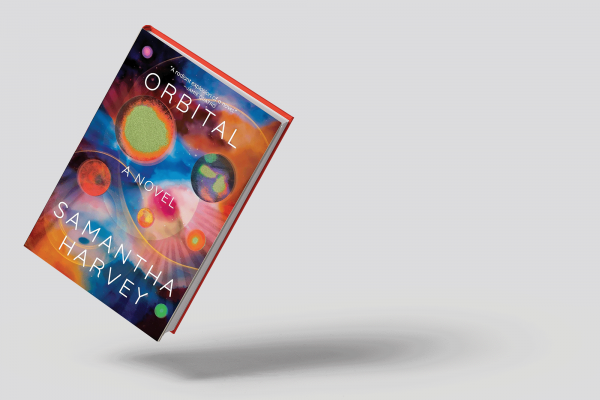IN ONE OF her visions, the 14th-century mystic Julian of Norwich saw all of creation in the palm of her hand. She observed that it was round as a ball and small as a hazelnut. “I marvelled how it might last,” she wrote, “for methought it might suddenly have fallen to naught for little[ness].” In other words, she thought it might vanish for being so small.
This is the feeling that pervades Samantha Harvey’s lyrical novel Orbital, which follows six astronauts as they circle the Earth and conduct scientific research. Hailing from various countries, they experience together a God’s-eye view of the planet they left behind. Continents roll past, political borders disappear, and a sense of urgency emerges. In a way only astronauts can, they absorb the simultaneous vitality and fragility of their collective home and reckon with the human-caused calamities that threaten it.
Read the Full Article

